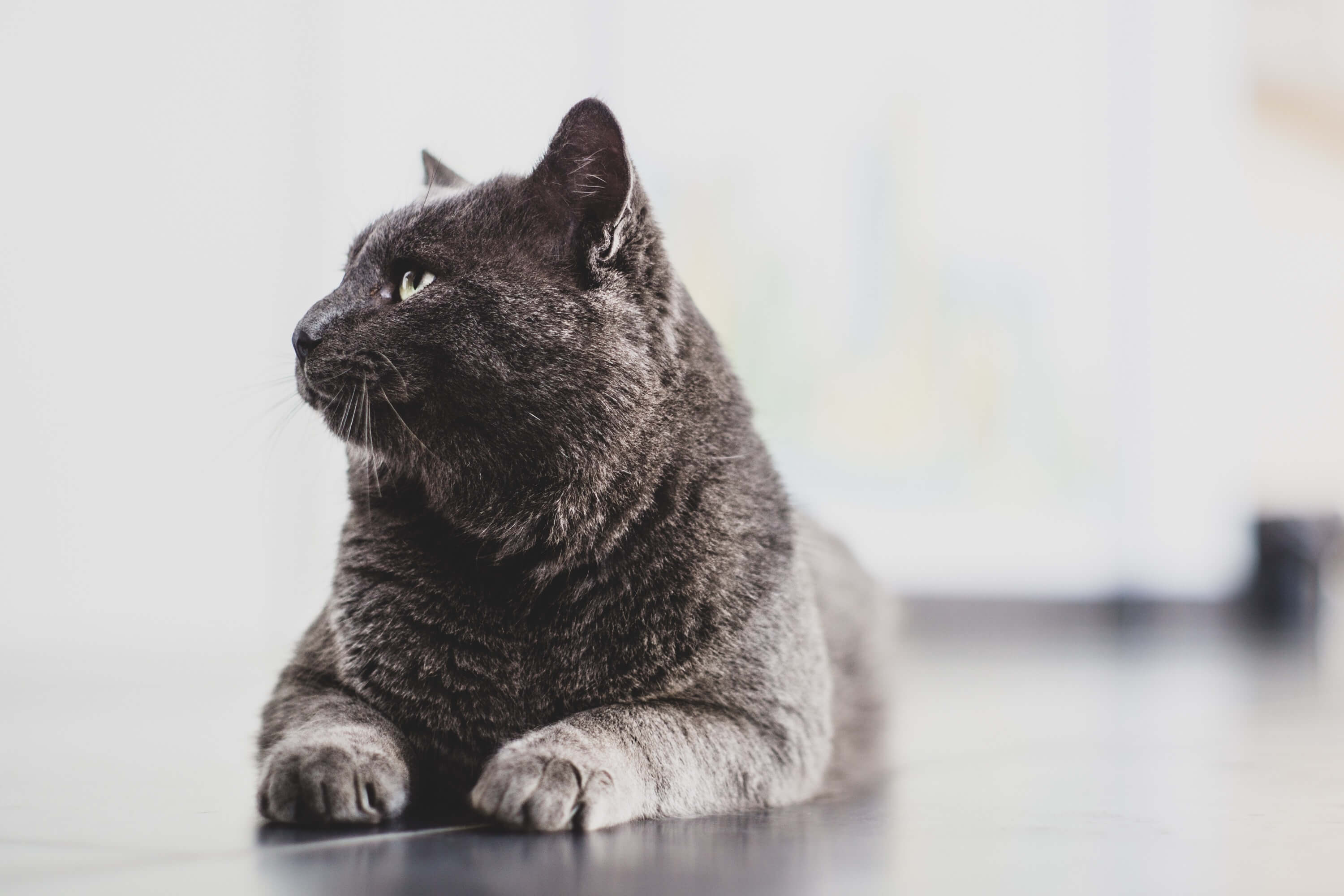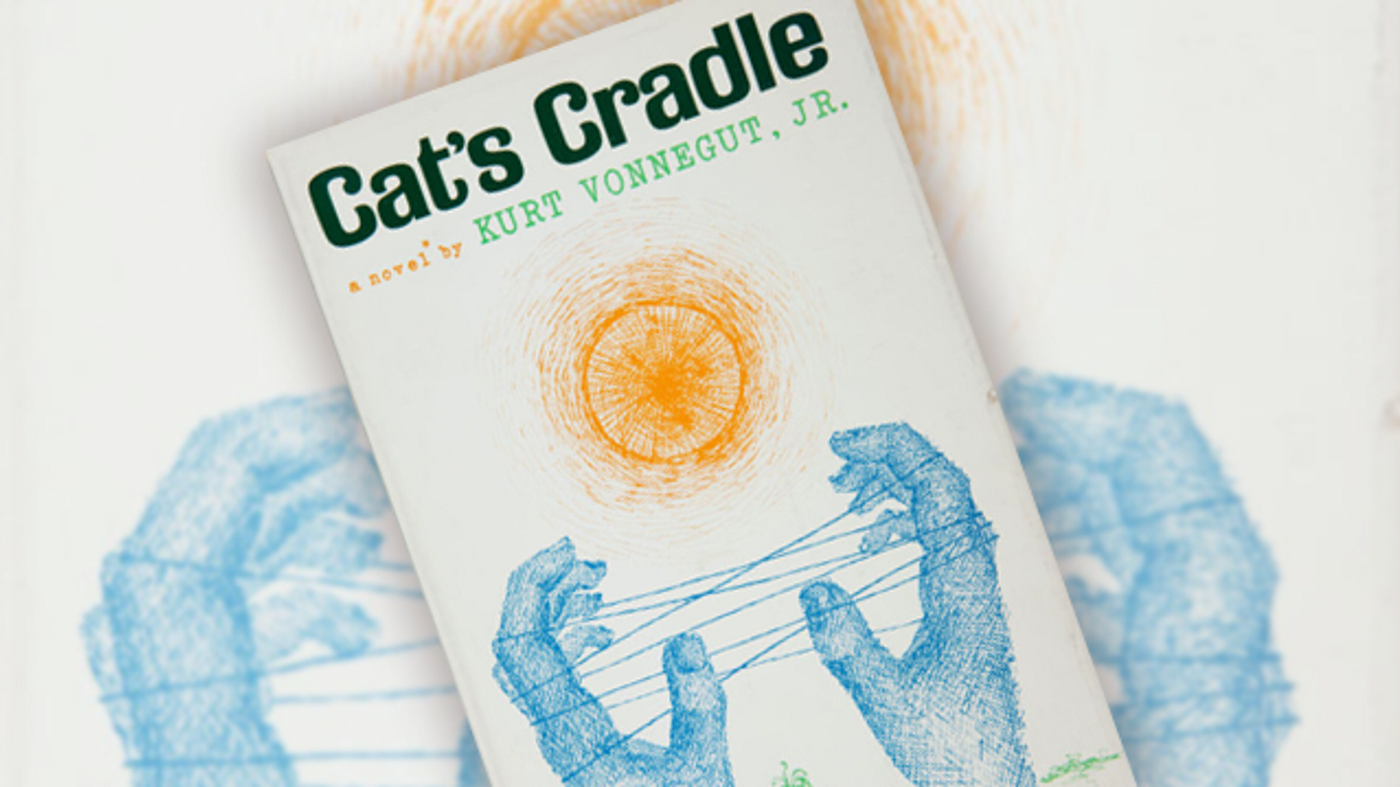Cat's Cradle Song Meaning

The song Cats in the cradle was perfect.
Cat's cradle song meaning. Cat s in the cradle is a song about the relationship of a son and his father not about a woman with a cat. And when he has children of his own his son doesnt have time to be with his dad. Through all the pain as a teenager I felt comforted by the song as it was a warning to my dad that if he continued to be distant emotionally then one day I.
He asks for his fathers attention and his response to his son is not now later. 3 Examples of Cats in the Cradle. Harry Chapin included various symbols of childhood in the lyrics as reminders of how quickly it ends.
Literally the song is about a father not having enough time to spend with his son then the son growing up to be just like his father. When the song Cats in the Cradle came on the radio in 1975 I could relate to it and felt that my life was a mirror image of the song. The type of string the specific figures their order and the names of.
Man in the moon could be about the human features children see when they look at the moon. That song put me in the mood for writing a lyric Inspired Sandy scratched out three verses about a child getting older the story of which Harry eventually used as the basis for Cats in the Cradle He came home and I showed him the poem and he sort of brushed it aside she said. Cats in the Cradle starts out with a natural harmony that depicts the tale of a father with his newborn son.
Cat s in the cradle is a song about the relationship of a son and his father not about a woman with a cat. Not long after his sons birth the father is repeatedly unable to spend time with him due to his job despite his son looking up to him and saying he will grow up to be just like his father. Cats in the cradle story and meaning this song strikes a theme of time quickly passing and time lost.
Its presented as a series of dialogues between a man and his son and as the verses go by we see them age without ever quite connecting. This song is about a heart wrenching story about a father who does not spend quality. The true origin of the name is debated though the first known reference is in The light of nature pursued by Abraham Tucker in 1768.



















